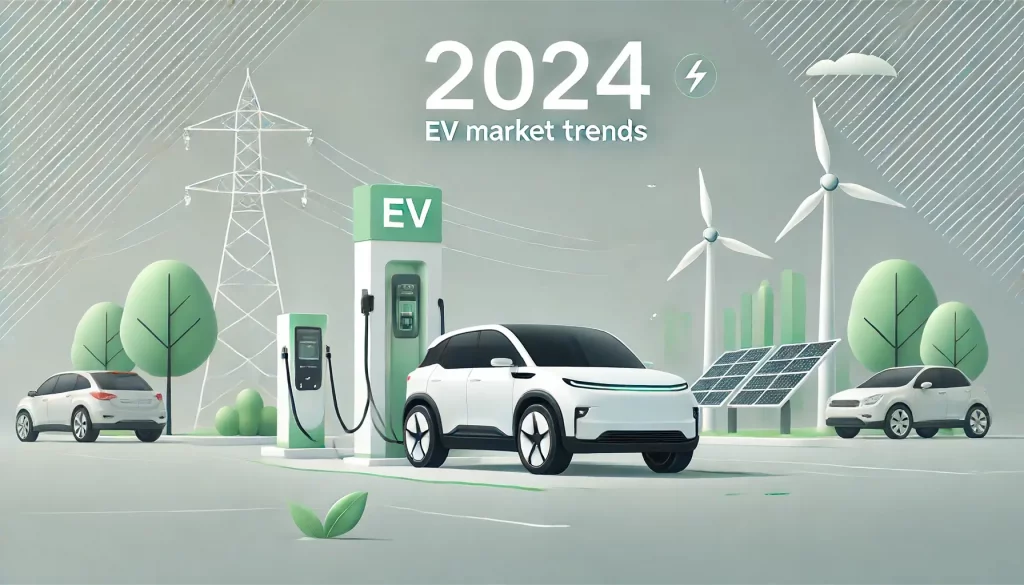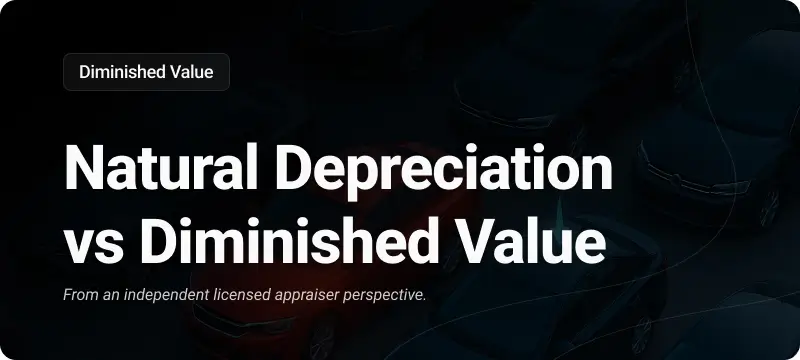The electric vehicle (EV) market is set for an exciting year in 2024. Think about how quickly things can change when new technologies, smart policies, and strong partnerships all come together.
This year, expect big changes that will reshape how we view electric cars, with fresh data and insights leading the way. Let’s explore the key trends that will make 2024 a standout year for EVs, offering a new take on the future of electric transportation.

2024 Predictions for the Global EV Market (PDF)
Supercharging the Charging Infrastructure
Imagine driving across the country without worrying about finding a charging station. That dream is edging closer to reality. In 2024, a coalition of automotive giants—Hyundai, General Motors, BMW, Mercedes-Benz, Honda, Kia, and Stellantis—plans to deploy over 30,000 high-powered charging points across urban and highway areas. These new stations will support both Combined Charging Systems (CCS) and North American Charging Standard (NACS) outlets, providing flexibility and convenience to EV owners.
Charging Stations Expansion Plan (2024):
| Manufacturer | New Charging Points | Target Regions |
|---|---|---|
| Hyundai | 5,000 | Urban Areas, Highways |
| General Motors | 6,000 | Highways, Suburban Areas |
| BMW Group | 4,500 | Urban Centers, Major Highways |
| Mercedes-Benz Group | 4,500 | Urban Areas, Tourist Routes |
| Honda | 3,500 | Urban Areas, Highways |
| Kia | 3,000 | Suburban Areas, City Outskirts |
| Stellantis | 3,500 | Urban Centers, Major Highways |
Battery Technology: The Heart of the EV Evolution
Batteries are the lifeblood of EVs, and 2024 is set to be a groundbreaking year for battery technology. Leading manufacturers are pouring resources into next-generation batteries like solid-state and lithium-metal, promising longer life, shorter charging times, and enhanced performance.
Battery Technology Innovations:
| Manufacturer | Technology Focus | Expected Benefits |
|---|---|---|
| General Motors | Ultium | Longer range, faster charging |
| Ford | Solid-State | Increased safety, longevity |
| Toyota | Solid-State | Higher energy density |
| BMW | Lithium-Metal | Lightweight, longer life |
| Volkswagen | Solid-State | Cost-effective, robust |
Policy Changes: The Wind Beneath EV Wings
Government policies are the unsung heroes behind the EV surge. In the United States, new policies enacted in May 2024 offer up to $7,500 in tax credits for EVs that use specific raw materials from countries without a free trade agreement with the U.S. This extension, valid through 2026, gives OEMs the flexibility to revamp their supply chains without financial penalties.
Impact of New EV Policies (2024):
| Policy Change | Description | Expected Market Impact |
|---|---|---|
| Tax Credits Extension | Up to $7,500 for specific raw materials | Boost in EV adoption rates |
| Supply Chain Adjustment Period | Additional 2 years to meet requirements | Reduced financial strain on OEMs |
| Enhanced Economic Security Measures | Focus on domestic manufacturing | Growth in local EV production |
The Power of Partnerships
Strategic partnerships are the fuel powering the EV market’s engine. Automakers are joining forces to accelerate innovation and infrastructure development. Stellantis’ collaboration with seven major automakers to expand the charging network is a testament to the power of collective effort.
Key OEM Collaborations (2024):
| Partnership | Goal | Key Initiatives |
|---|---|---|
| Stellantis & Major Automakers | Expand charging infrastructure | Install 30,000 high-powered charge points |
| GM & LG Chem | Advance battery technology | Develop Ultium batteries |
| Tesla & Panasonic | Enhance battery production capacity | Scale up Gigafactory output |
Consumer Trends and Market Dynamics
Consumer preferences are shifting towards EVs, driven by environmental concerns, fuel cost savings, and the increasing availability of diverse models. In 2024, we expect to see a surge in EV sales, especially as more affordable models hit the market.
EV Sales Projections (2024):
| Region | 2023 Sales (Units) | 2024 Projected Sales (Units) | Growth Rate (%) |
|---|---|---|---|
| United States | 1.2 million | 1.8 million | 50% |
| Europe | 2.3 million | 3.0 million | 30% |
| China | 3.5 million | 4.5 million | 29% |
Conclusion
The global EV market is on the brink of transformative change in 2024. With the expansion of charging infrastructure, advancements in battery technology, supportive government policies, and strategic OEM partnerships, the future of electric vehicles looks brighter than ever. As these trends unfold, the shift towards a more sustainable, electrified transportation landscape is inevitable.
Are you ready to embrace the electric revolution and join the drive towards a greener future?



